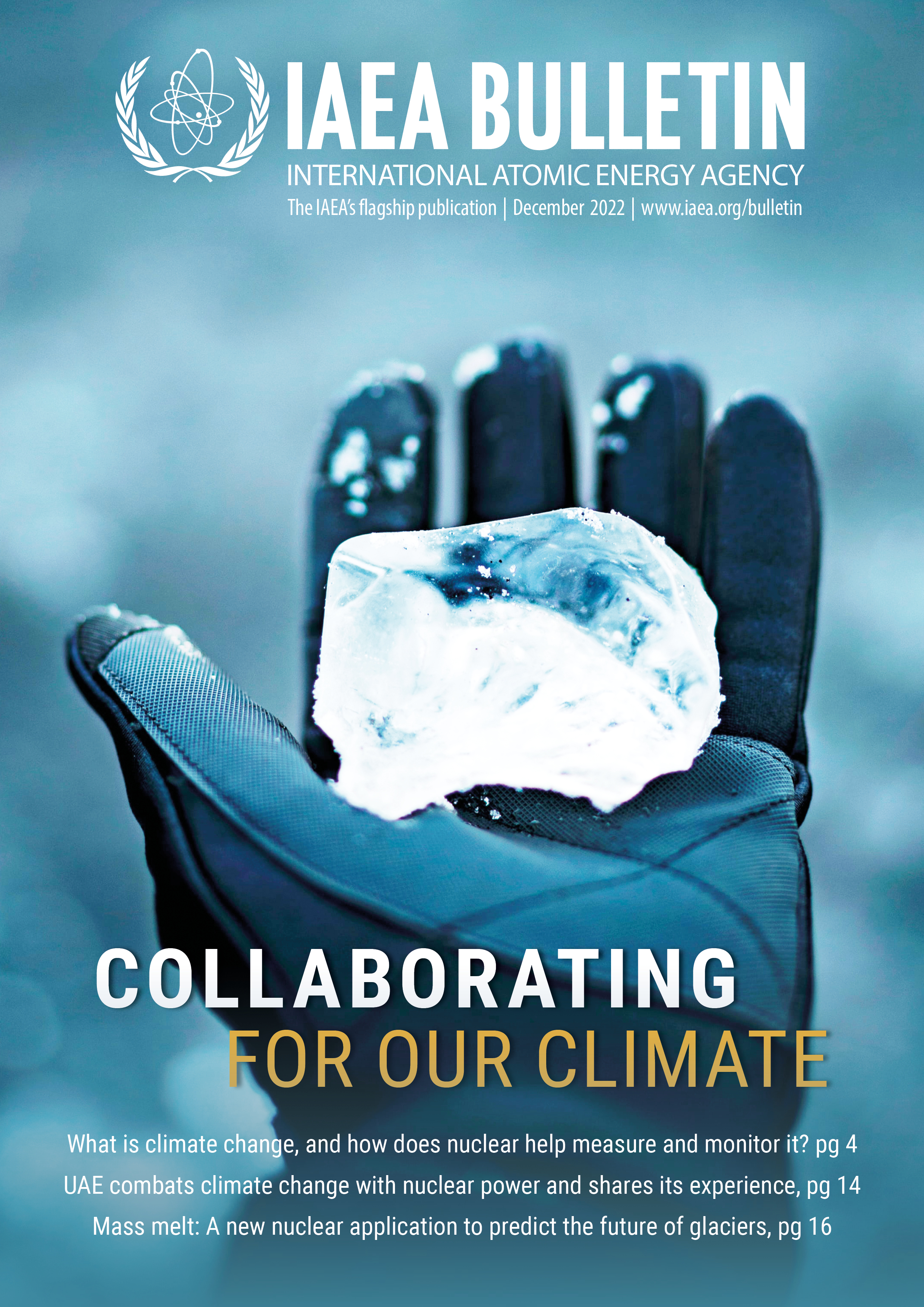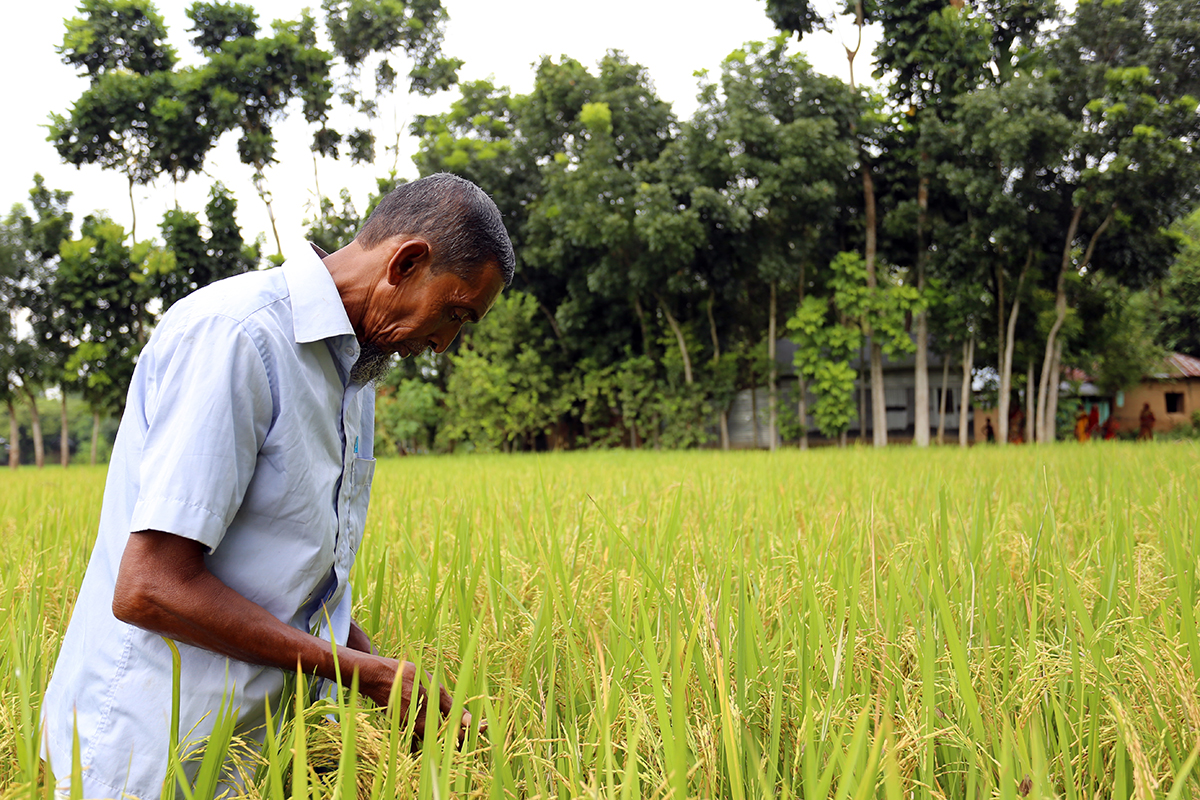Over the past two decades, Bangladesh, with its low-lying river delta and lengthy coastline, has been listed among the top ten countries most affected by climate change, according to the Global Climate Risk Index. Two-thirds of the country lies below sea level and is highly prone to ever-intensifying floods, cyclones, storms, droughts and landslides. As the effects of global warming become more pronounced, they expose crops’ vulnerability to extreme weather and pose a growing threat to the food and nutrition security of Bangladeshis, almost 40 per cent of whom work in agriculture, according to the International Labour Organization.
Nuclear science and technology offer the means to improve the productivity of agriculture while also increasing its resilience to climate change. Through a nuclear technique known as plant mutation breeding, Bangladeshi specialists have developed improved varieties of crops, including rice, chickpea, mung bean, lentil and soybean.
“Natural hazards that come from the increased rainfall, rising sea levels and tropical cyclones are expected to increase as the climate changes, seriously affecting agriculture, water and food security,” said Mohammad Abul Kalam Azad from the Bangladesh Institute of Nuclear Agriculture (BINA). “Using plant mutation breeding, we can produce crop varieties that are more resistant to drought, salinity, high and low temperatures, plant diseases and pests, and offer higher yields with shorter growing times.”

